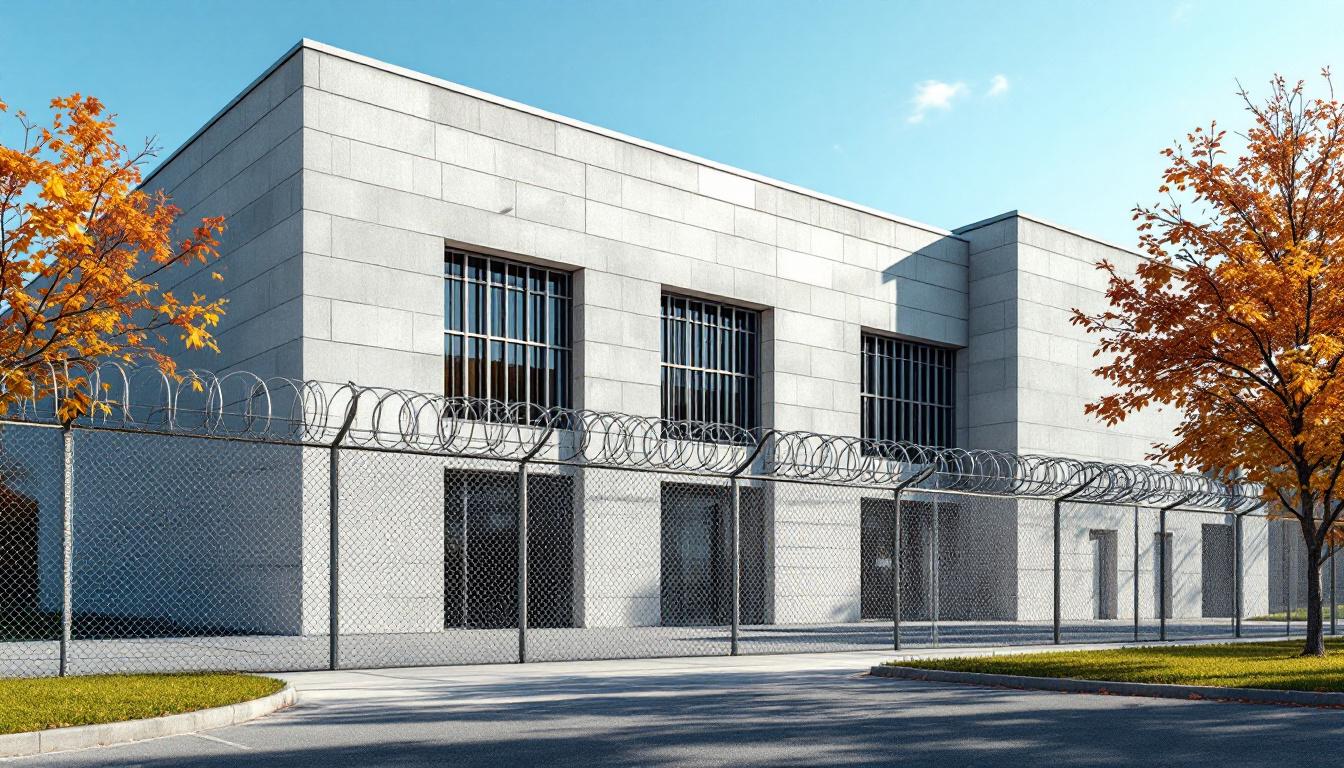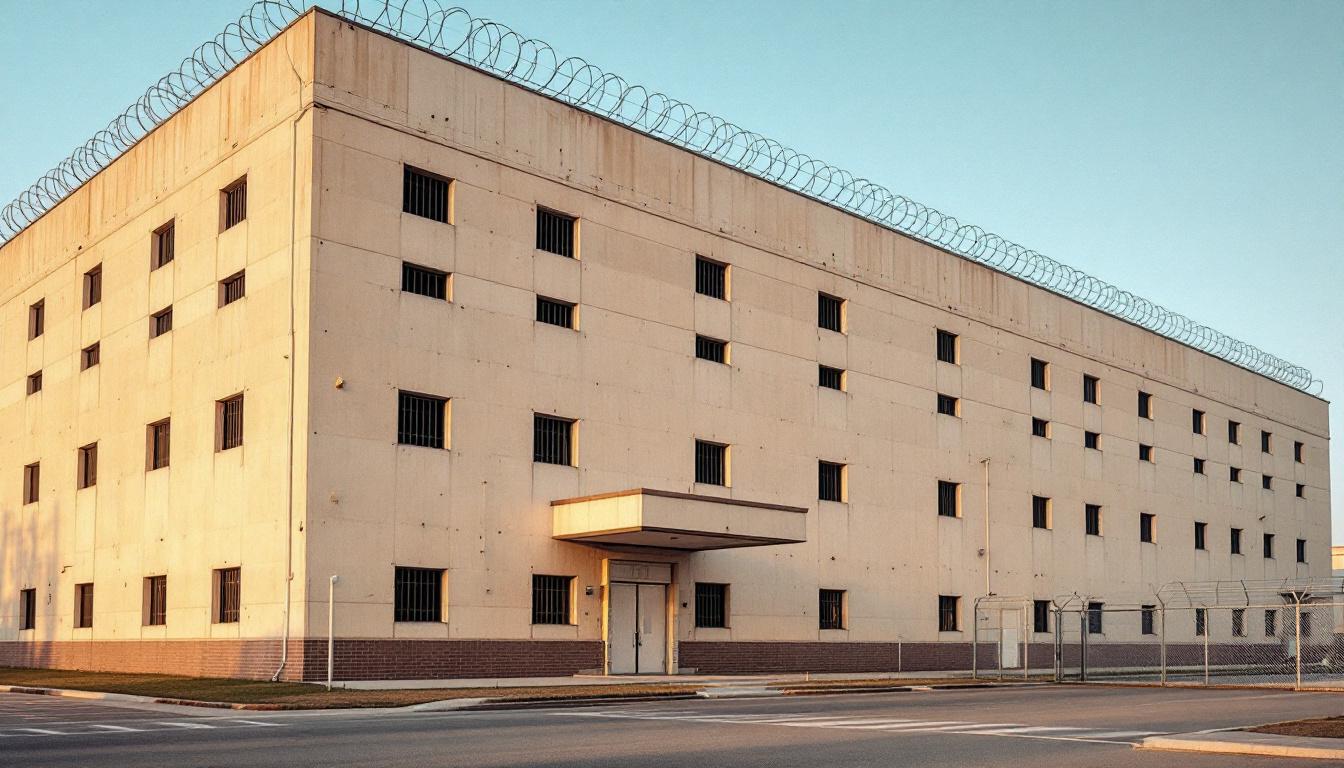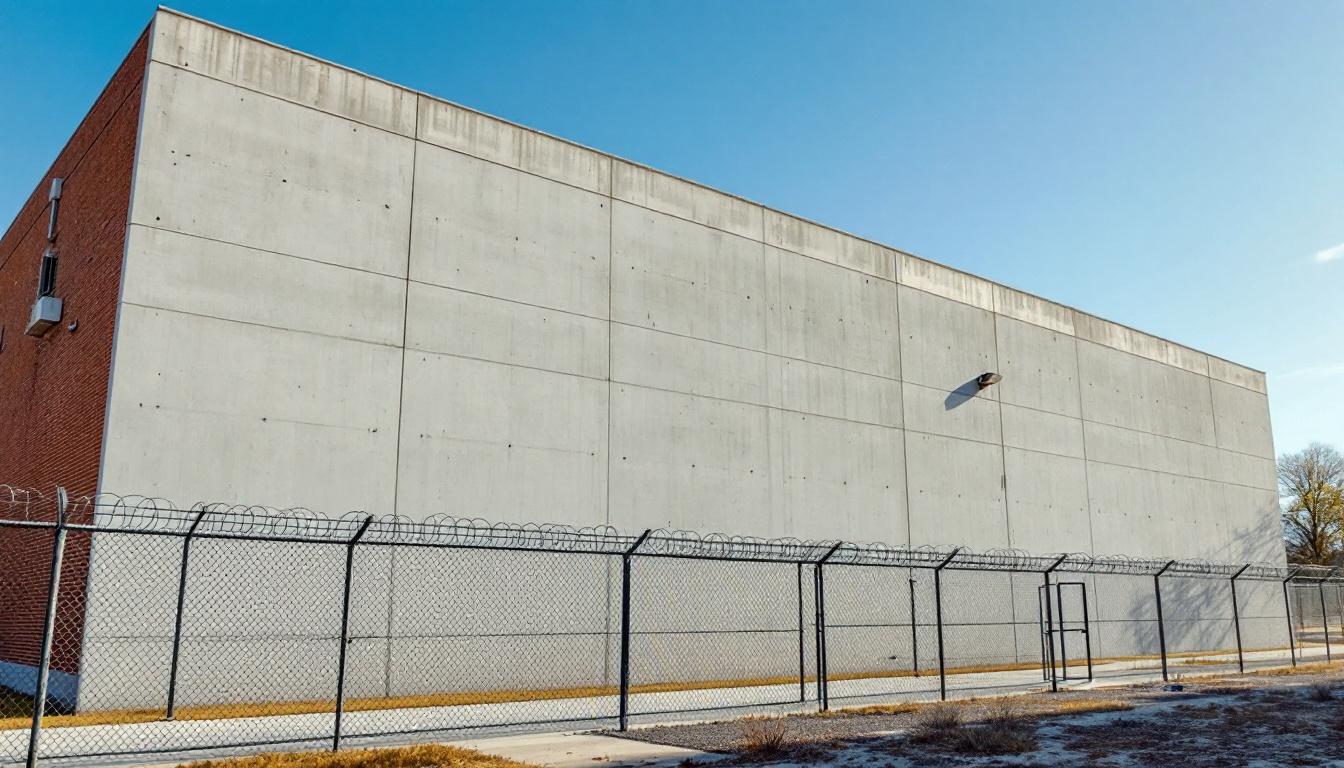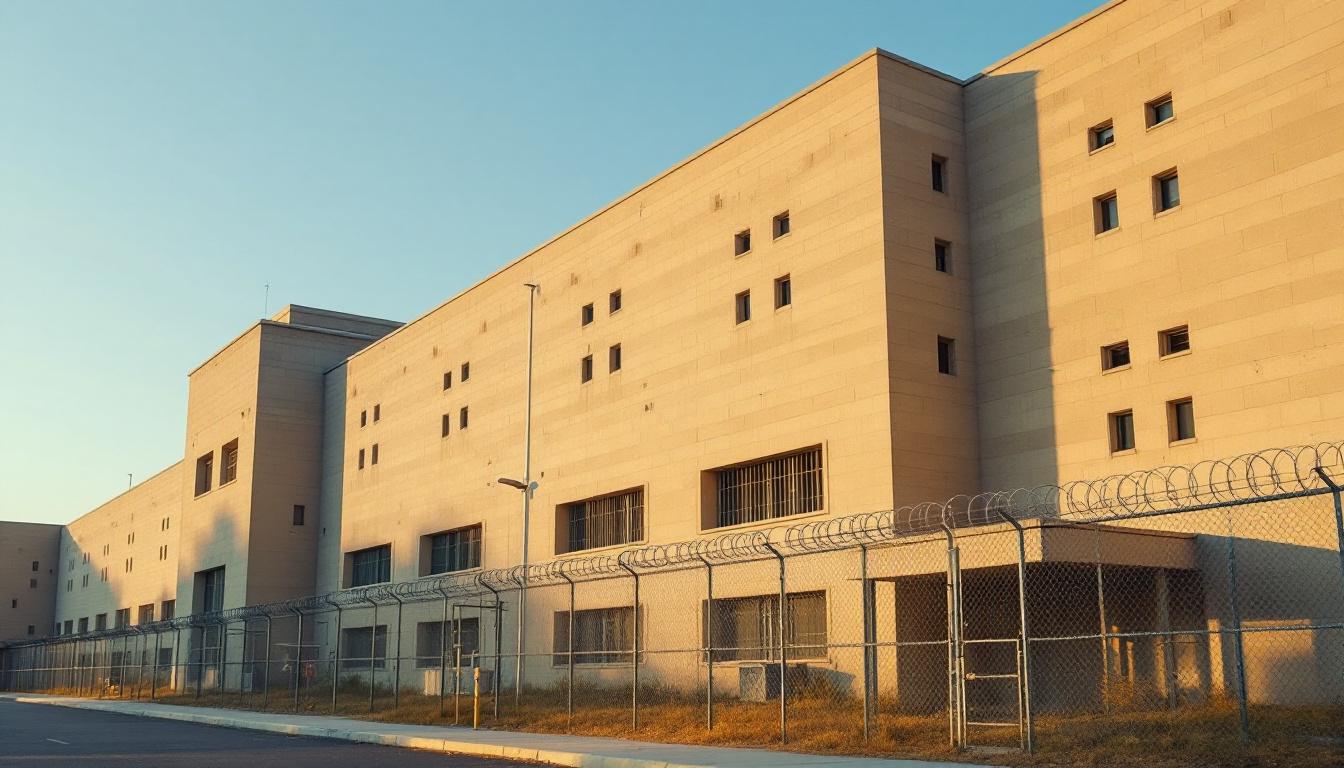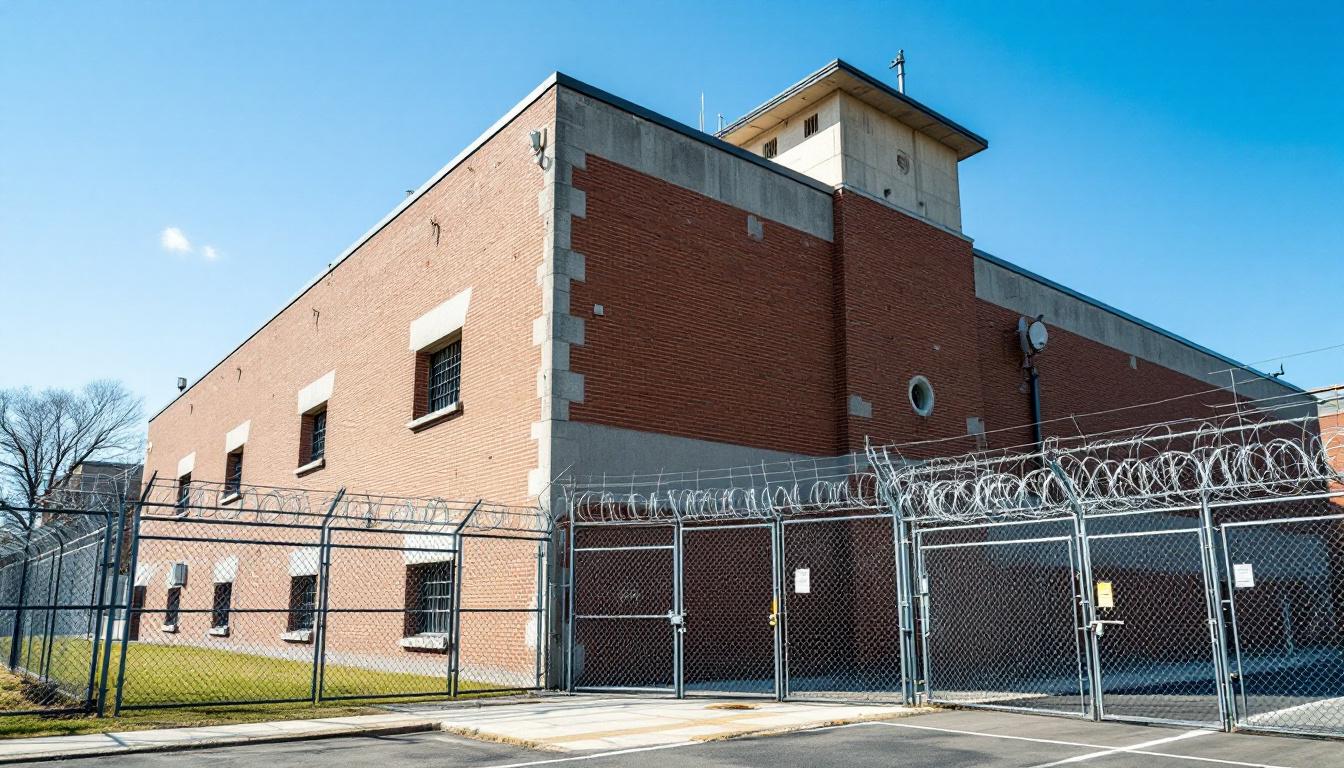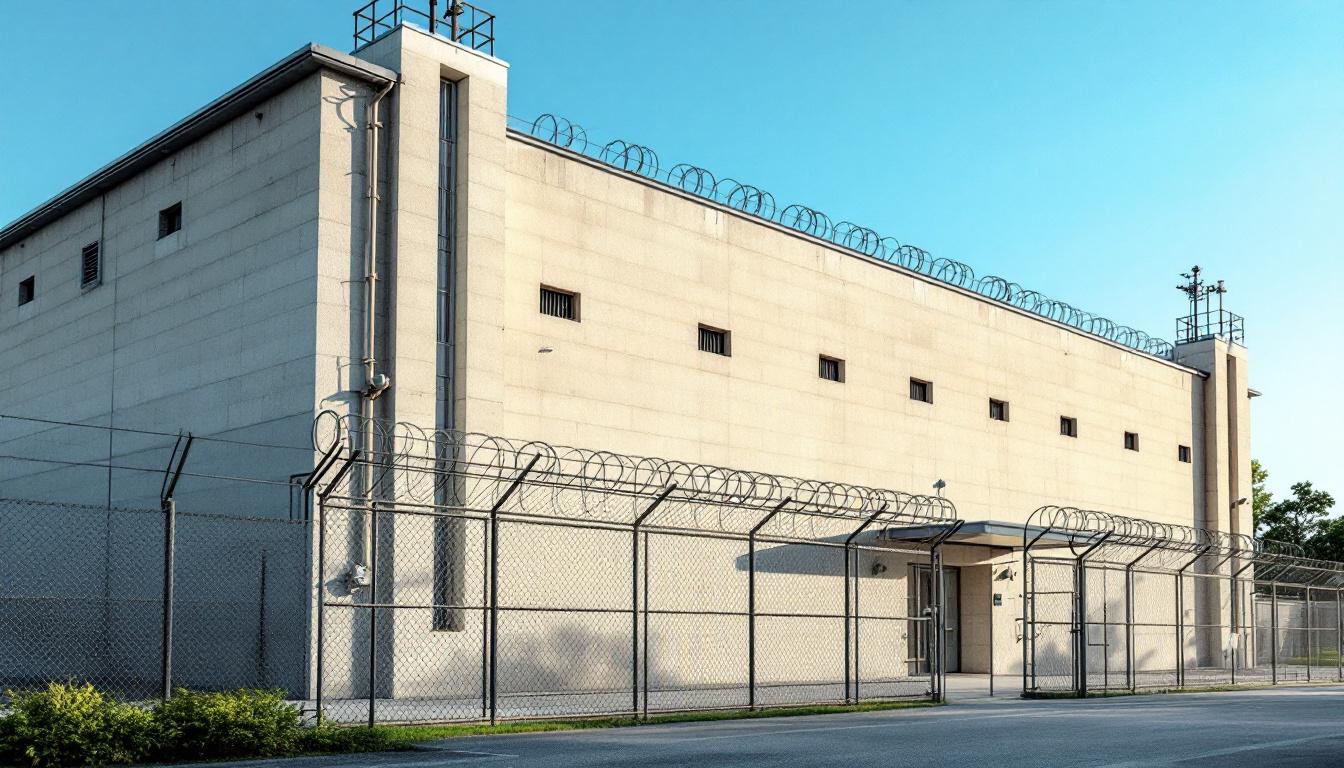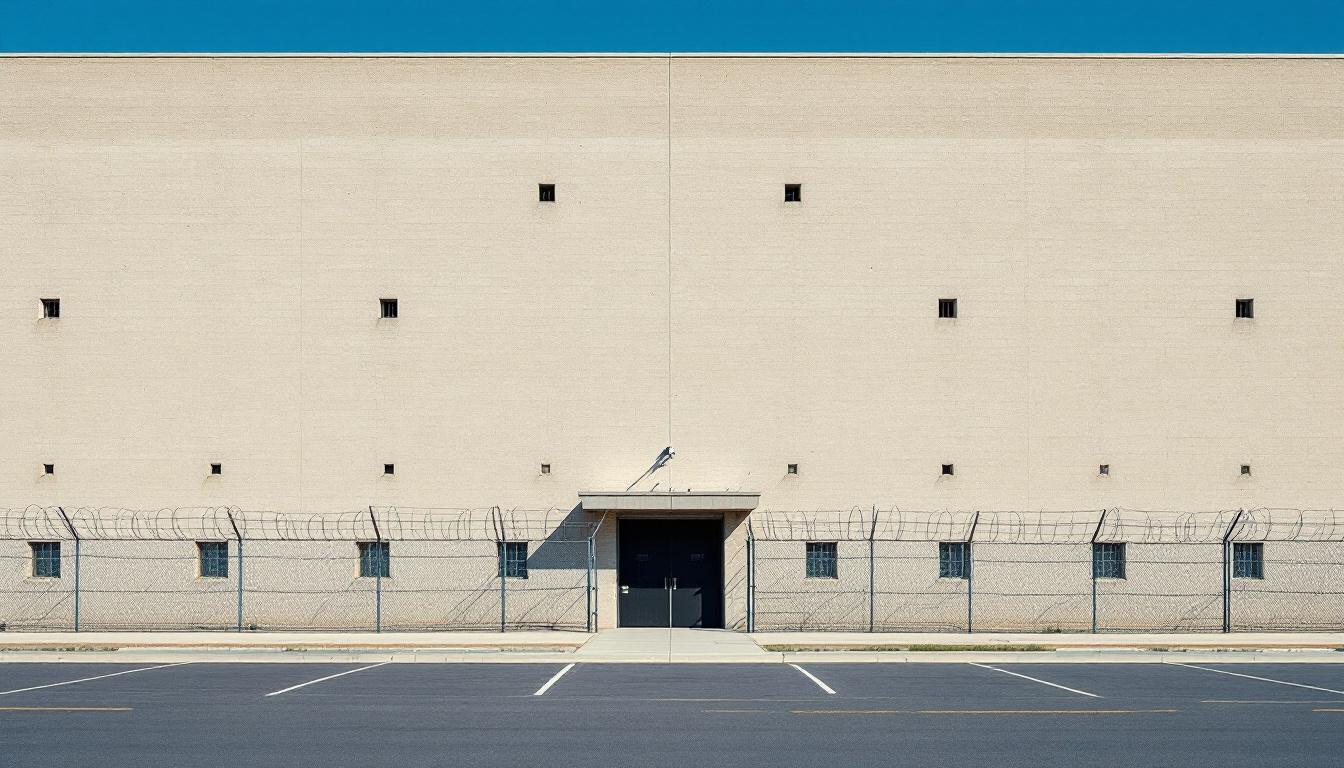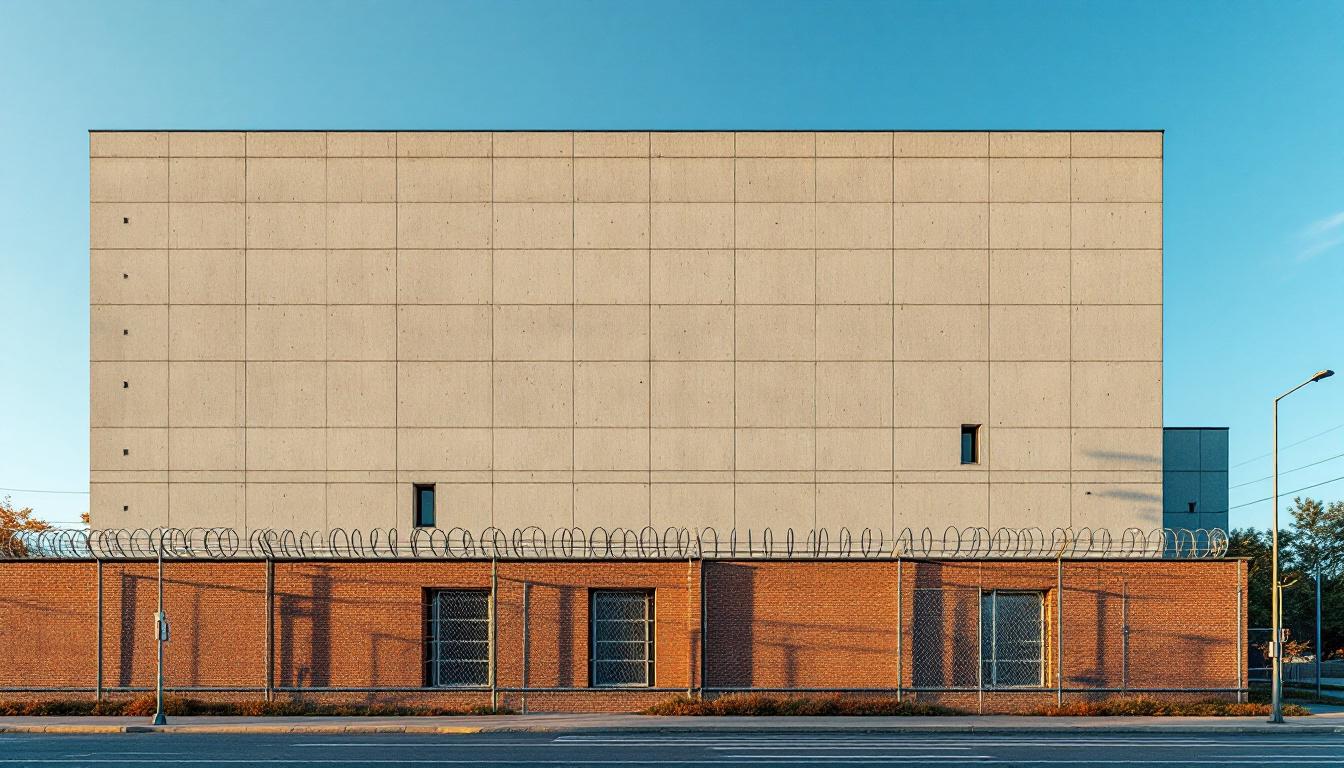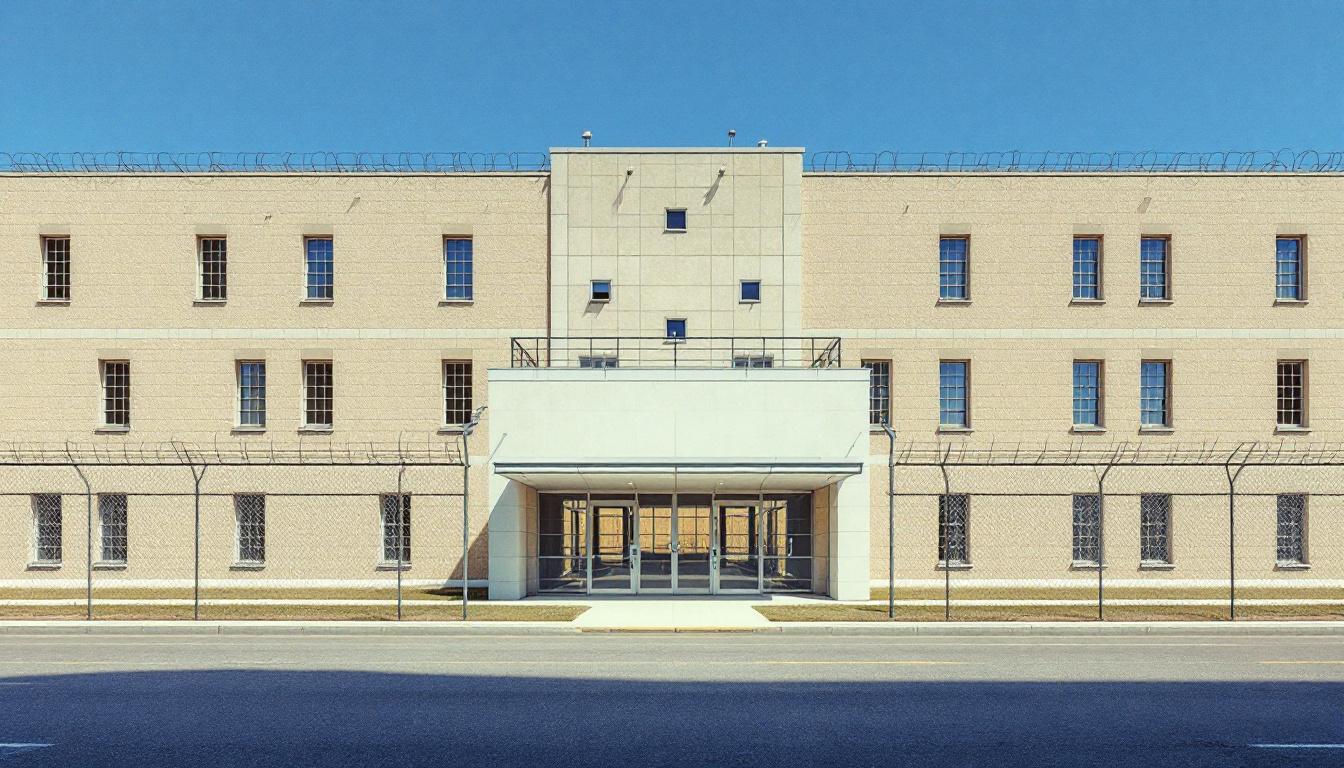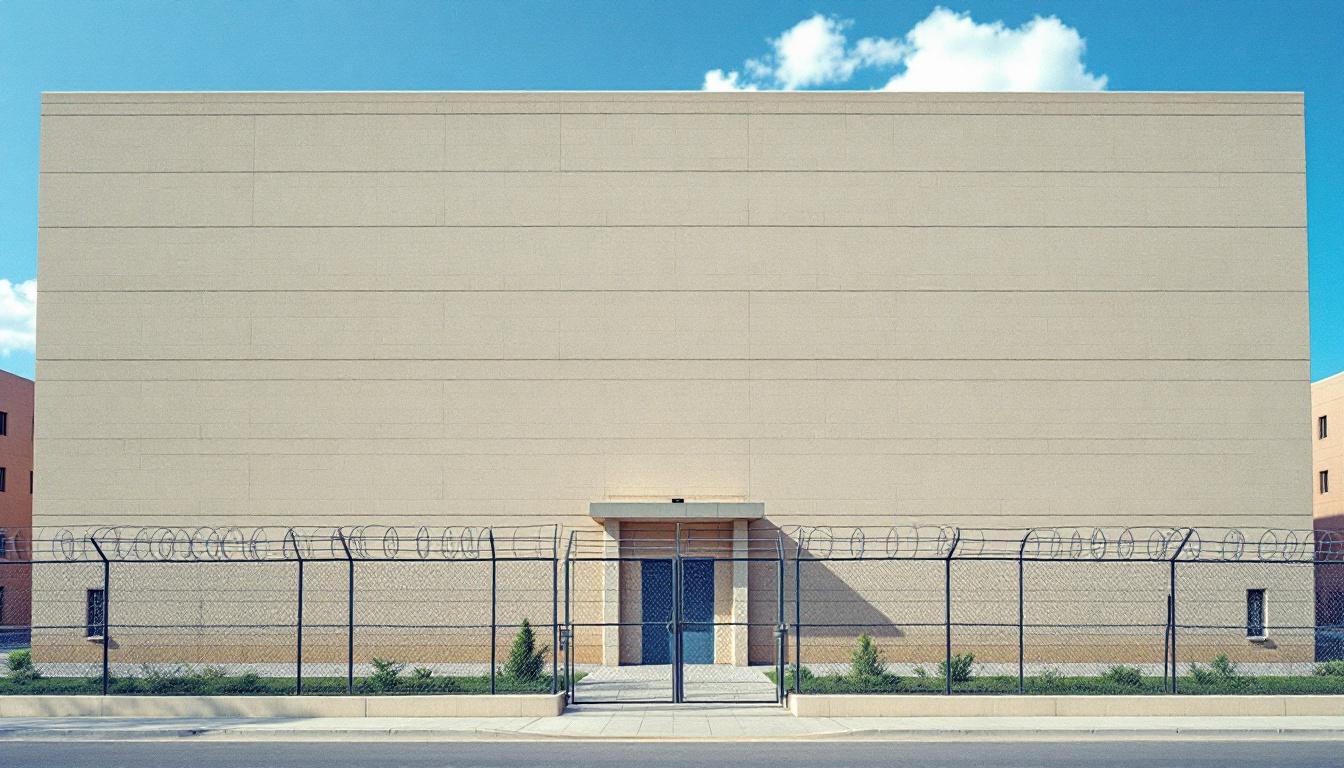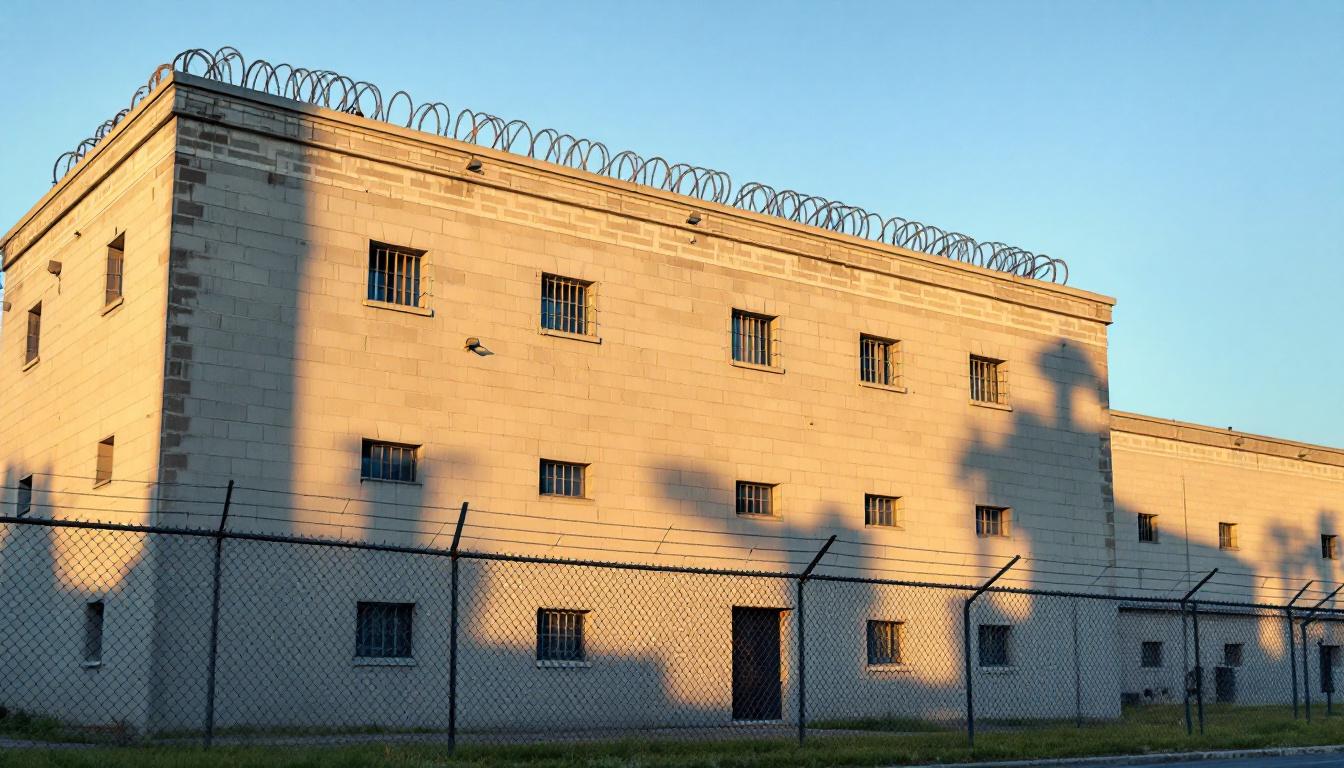
Quick Navigation
How to contact an inmate at Florida Women's Reception Center
This comprehensive guide will walk you through how to connect with an inmate at Florida Women's Reception Center. Follow the steps below to find an inmate and send letters and photos:
- Search for the inmate using our search tool below
- Create your account or log in to Penmate
- Write your message (up to 6,000 characters)
- Send instantly - inmates receive printed copies daily
Find an Inmate
Search for an inmate to start communicating today
Tip: You can search by first name, last name, or inmate ID number
To contact a person at Florida Women's Reception Center start by searching for the person on the official facility website. Perform a search by following these steps:
- Step 1: Enter their first name and last name into the search form and click "Search"
- Step 2: Locate their inmate record
- Step 3: Write down their Inmate ID and any housing information provided
Important! Be sure to enter the person's full name. Nicknames should not be used.
How to Send Messages to Inmates

You can use your phone or computer to send emails, letters, and photos to an inmate. Messages are sent electronically to inmate tablets or kiosks at the facility. If you would like to send a message, start by searching for an inmate at Florida Women's Reception Center.
Sending Photos and Postcards

A great way to send love and support to a loved one at Florida Women's Reception Center is to send photos and postcards. It only takes a few minutes to send photos from your phone and it makes a huge difference. You can also mail postcards with words of support and inspiration, or design your own postcard for special moments like birthdays and holidays.
Important! Be sure not to send any explicit photos or they may not be approved by the facility. You can also use a photo printing app like Penmate to make sure your photos are printed at the correct size (4x6 or 3x5) and are mailed according to the rules and regulations of Florida Women's Reception Center.
Frequently asked questions about Florida Women's Reception Center
-
How long does it take to deliver a message?
If you're sending an email message your letter is usually delivered within 24-48 hours. For messages sent via mail you should expect delivery within 3-7 days. All messages will need be approved by Florida Women's Reception Center.
-
How much does it cost to send a message to Florida Women's Reception Center?
You can send a message free using your phone or mail a message via USPS for the price of a $0.60 stamp and envelope. You can also purchase credits or e-stamps from services starting at $1.99.
-
What services can I use to contact an inmate at Florida Women's Reception Center?
Penmate
You can use Penmate to send letters and photos to an inmate from your phone. It's an easy way to stay in touch during your loved one's incarceration. Use the inmate locator to find an inmate's location and contact information, then you can send messages within a few minutes.
Securus messaging
Securus may be another option for communicating with an inmate at Florida Women's Reception Center. You can create a friends and family account and purchase credits to send messages. All messages will be reviewed and must be approved by the facility.
JPay
Some county jails and state prisons may support sending messages with JPay. You must register an account with the system, find your loved one, and purchase stamps to send messages. For some locations you can also attach photos.
Smart Jail Mail
You may also check if Smart Jail Mail is available at Florida Women's Reception Center. Smart Jail Mail is operated by Smart Communications and has contracted with some state and county jails. After purchasing credits, your messages and photos are sent to the facility, printed out, and then handed out to your loved one.
-
What is the mailing address of Florida Women's Reception Center?
Mailing address:
Florida Women's Reception Center
3700 NW 111th Pl
Ocala, FL 34482
Phone: (352) 840-8000Business hours:
- Monday: 8:00 AM – 5:00 PM
- Tuesday: 8:00 AM – 5:00 PM
- Wednesday: 8:00 AM – 5:00 PM
- Thursday: 8:00 AM – 5:00 PM
- Friday: 8:00 AM – 5:00 PM
- Saturday: Closed
- Sunday: Closed
-
What are the visiting hours at Florida Women's Reception Center?
Visiting hours at Florida Women's Reception Center vary by housing unit and security level. Generally, visits are scheduled on weekends and holidays, with some facilities offering weekday visits. Contact the facility directly at (352) 840-8000 or check their website for the current visiting schedule. Visits typically last 30-60 minutes and must be scheduled in advance.
-
What items are prohibited when sending mail to Florida Women's Reception Center?
Prohibited items typically include: cash, personal checks, stamps, stickers, glitter, glue, tape, staples, paperclips, polaroid photos, musical or blank greeting cards, hardcover books, magazines with staples, and any items containing metal or electronics. Only send letters on plain white paper with blue or black ink. Photos must be printed on regular photo paper (no Polaroids). Always check with Florida Women's Reception Center for their specific mail policies.
-
How do I send money to an inmate at Florida Women's Reception Center?
You can send money to an inmate at Florida Women's Reception Center through several methods: 1) Online using JPay, Access Corrections, or the facility's approved vendor, 2) Money orders mailed directly to the facility with the inmate's name and ID number, 3) Kiosks located in the facility lobby, or 4) Over the phone using a credit or debit card. Fees vary by method, typically ranging from $2.95 to $11.95 per transaction.
-
Can I schedule a video visit with an inmate at Florida Women's Reception Center?
Many facilities now offer video visitation as an alternative to in-person visits. At Florida Women's Reception Center, video visits may be available through services like Penmate, Securus Video Connect, GTL, or ICSolutions. Video visits typically cost $10-20 for 20-30 minutes and must be scheduled in advance. You'll need a computer or smartphone with a camera and reliable internet connection. Contact the facility for their specific video visitation policies and approved vendors.
-
What identification do I need to visit an inmate at Florida Women's Reception Center?
All visitors must present valid government-issued photo identification such as a driver's license, state ID, passport, or military ID. Minors must be accompanied by a parent or legal guardian who can provide the minor's birth certificate. Some facilities require visitors to be on the inmate's approved visitation list, which may require a background check. Contact Florida Women's Reception Center for specific ID requirements and visitor approval procedures.
-
How can I find out an inmate's release date?
To find an inmate's release date at Florida Women's Reception Center, you can: 1) Use the online inmate search tool if available, 2) Call the facility's records department, 3) Contact the inmate's case manager or counselor, or 4) Have the inmate provide this information during a call or visit. For privacy reasons, some facilities only release this information to immediate family members.
Facility Overview
Contact Information
Florida Women's Reception Center3700 NW 111th Pl
Ocala, FL 34482
Phone: (352) 840-8000
Official Website
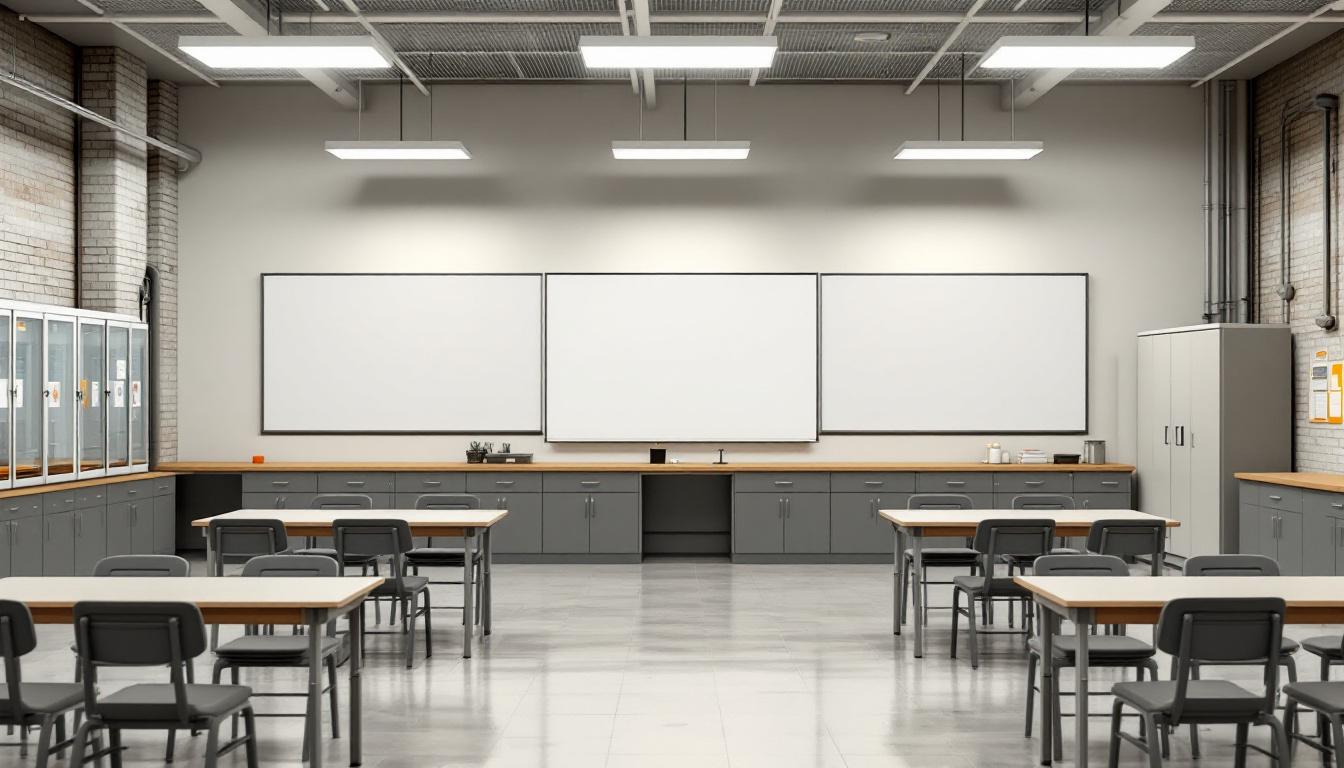
About Florida Women's Reception Center
Serving the Tampa Bay community and surrounding regions, this FL correctional facility functions as a vital entry point within Florida’s comprehensive women’s correctional system. Florida Womens Reception operates with a community-centered mission that recognizes how proper intake and assessment procedures ultimately benefit both the individuals in custody and the broader Tampa area they will eventually return to. The facility’s role extends beyond simple housing, focusing instead on thorough evaluation processes that help determine appropriate placement and programming needs throughout the state system.
The holistic approach at this reception and intake facility typically encompasses comprehensive medical screenings, psychological assessments, and educational evaluations that inform future placement decisions. Inmates services may include basic healthcare, mental health support, and orientation programs designed to help individuals understand the correctional process ahead. These initial weeks often prove crucial in establishing stability and beginning the assessment process that will guide each person’s journey through Florida’s correctional system.
Located in Tampa’s urban environment, the facility generally maintains connections with local community resources while serving its primary function as an assessment center. The intake process typically involves collaboration with various state departments to ensure proper classification and eventual placement in facilities that can effective address individual needs. This systematic approach reflects Florida’s broader commitment to evidence-based corrections, where thorough initial evaluation helps create more effective long-term outcomes for both the individuals served and the communities they will rejoin.
Programs & Services
Personal transformation begins with comprehensive assessment and classification processes that form the foundation of individualized service delivery at Florida Women’s Reception Center. The facility’s approach to rehabilitation emphasizes systematic evaluation of each inmate’s educational background, substance abuse history, mental health needs, and vocational aptitudes to develop targeted intervention strategies. This methodical assessment framework enables staff to match inmates with appropriate services that address their specific circumstances while fostering personal growth and accountability.
Educational services constitute a cornerstone of the facility’s development-focused approach, with high school diploma programs providing inmates the opportunity to complete their secondary education through structured coursework and individualized instruction. These education programs typically incorporate both traditional academic subjects and practical life skills training that prepare participants for successful community reintegration. Furthermore, the curriculum often includes literacy enhancement and basic education services designed to address varying educational backgrounds and learning needs among the inmate population.
Support services encompass a comprehensive range of interventions, including work release opportunities that allow eligible inmates to maintain employment while serving their sentences, thereby preserving family connections and financial stability. Veteran services may provide specialized programming for former military personnel, addressing comprehensive challenges related to their service experience. Additionally, therapeutic services such as substance abuse treatment utilize evidence-based approaches to address addiction issues, while trauma-informed care principles guide service delivery across all programming areas. Grounds maintenance work assignments often serve dual purposes, providing practical job skills while contributing to facility operations and instilling a sense of responsibility and accomplishment.
Daily Life & Visitation
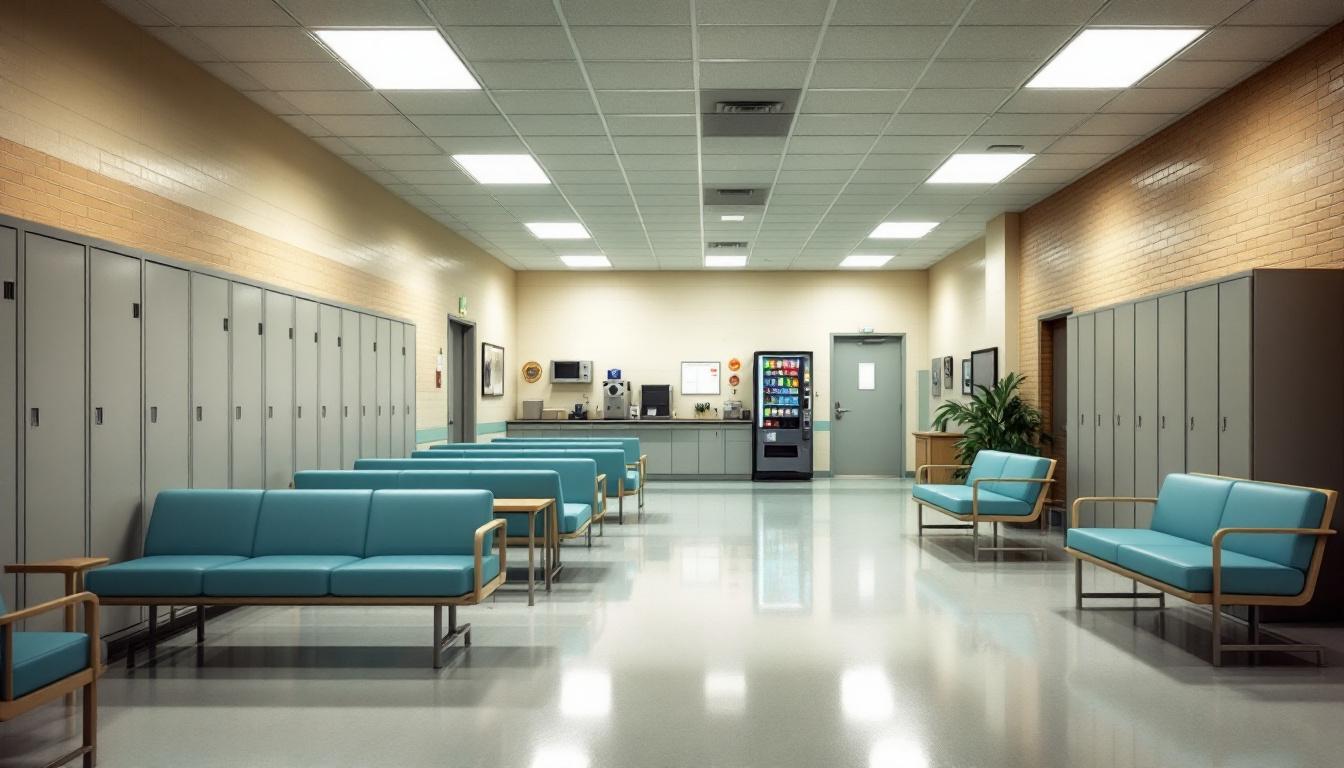
The concrete walls and institutional lighting of the housing units create an environment where structure becomes the cornerstone of existence, with dormitory-style accommodations typically housing multiple inmates who must learn to navigate shared living spaces with minimal privacy. Inmates now follow carefully regulated daily schedules that begin with early morning counts and continue through structured meal times, work assignments, and evening lockdown procedures. The facility regularly maintains order through a system of rules and protocols that govern everything from personal hygiene routines to recreational activities, requiring residents to adapt quickly to the regimented pace of institutional life.
Living accommodations generally consist of multi-person housing units where inmates share sleeping quarters, bathroom facilities, and common areas under constant supervision. The dining hall serves meals at designated times throughout the day, with inmates typically eating in shifts to accommodate the facility’s population while maintaining security protocols. Personal property remains limited to approved items that can be stored in small designated spaces, and inmates may purchase additional necessities through the commissary system when funds are available from family support or facility earnings.
Furthermore, the facility provides various structured programming opportunities that may include educational classes, vocational training, and recreational activities designed to maintain physical and mental well-being during incarceration. Work assignments often include kitchen duties, laundry services, and facility maintenance tasks that provide inmates with daily responsibilities and modest compensation. Although visitation schedules and communication options allow for family connections through scheduled visits and monitored phone calls, inmates must adapt to the reality that outside contact operates within strict institutional guidelines that prioritize security while attempting to preserve important relationships with loved ones.
Ready to Connect?
Start communicating with your loved one today
Search for an Inmate
